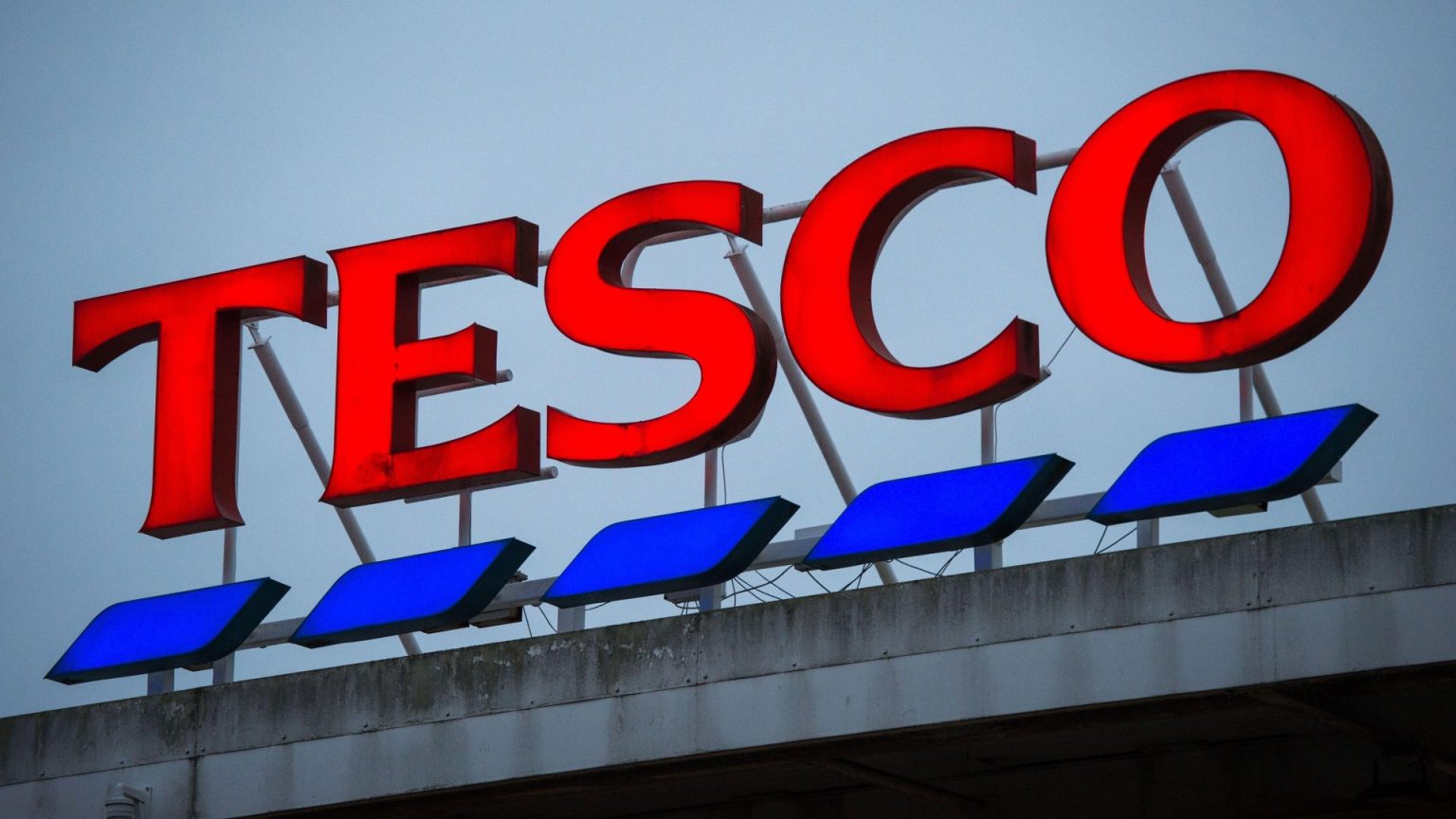Tesco Clubcard voucher holders have a looming deadline: February 28, 2024. Millions of shoppers must redeem approximately £17 million worth of vouchers before they expire at midnight on that date. These vouchers, issued in February 2023, have a two-year validity period, leaving customers with just under four weeks to utilize their accumulated rewards. The vouchers can be used to reduce the cost of groceries, purchase fuel, or secure deals with Tesco Mobile. This impending expiration serves as a timely reminder for Clubcard members to check their balances and maximize the value of their rewards before they are forfeited.
The Tesco Clubcard is a complimentary loyalty program designed to reward shoppers with points for their purchases at Tesco. Every £1 spent in-store or online translates to one point, while fuel purchases earn one point for every two litres. Accumulated points are then converted into vouchers, with every 150 points equating to £1.50 in value. This value can be effectively doubled by redeeming vouchers with over 100 Clubcard Reward Partners, including popular brands like PizzaExpress, Hotels.com, and easyJet Holidays. This presents a significant opportunity for shoppers to amplify their savings and enjoy a wider range of benefits beyond grocery discounts.
Tesco encourages its Clubcard members to take advantage of their expiring vouchers, suggesting a variety of potential uses. From Valentine’s Day gifts like roses and chocolates to a romantic dinner from the Tesco Finest Valentine’s Dine In menu, the vouchers offer flexible options for celebrating special occasions. Furthermore, they can be exchanged for double their value towards a romantic getaway or a meal out with a Reward Partner, adding an extra layer of value and enjoyment. Tesco aims to ensure that no customer misses out on these potential savings and encourages them to check their voucher balances through the Tesco app.
The Tesco Clubcard scheme is not unique in the supermarket landscape. Other major retailers offer similar loyalty programs to attract and retain customers. Sainsbury’s Nectar scheme grants one Nectar point for every £1 spent, while Morrisons More allows customers to accumulate points for in-store, online, and petrol station purchases. These points can later be converted into vouchers for future savings. Asda’s loyalty program underwent recent changes, discontinuing its Star Products feature, which offered cashback on specific items. However, other features like Missions remain, allowing customers to earn rewards through completing specific shopping tasks.
Beyond loyalty programs, savvy shoppers can employ various strategies to reduce their grocery bills. Looking for discounted items marked with yellow or red stickers is a classic way to save, although these often require prompt consumption or freezing. Creating a shopping list helps avoid impulse purchases, leading to more controlled spending. Opting for own-brand products over premium “finest” or “luxury” lines can also result in significant savings over time. Many supermarkets offer “wonky” fruit and vegetable schemes, providing imperfect produce at discounted prices.
For those on a low income and with children, the Healthy Start voucher scheme can provide up to £442 a year towards groceries. Additionally, many local councils offer supermarket vouchers through the Household Support Fund, providing further assistance for those struggling with the cost of living. By combining these various strategies, shoppers can significantly reduce their grocery expenses and maximize their budgets. The key is to be proactive, informed, and aware of the available resources and deals.




